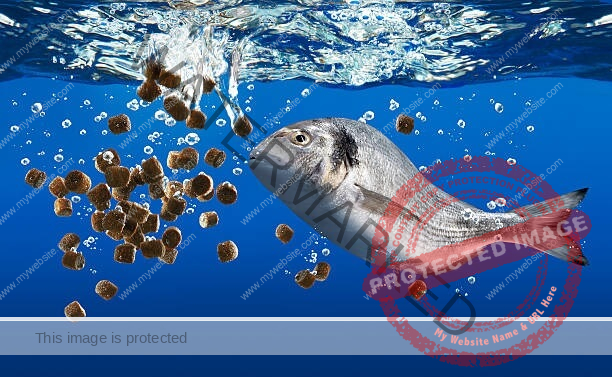Fish farming has emerged as one of the most lucrative agricultural ventures in Nigeria today, driven by a thriving market for fish as a protein source in local dishes. This post outlines the essential equipment needed for successful fish farming and provides valuable insights into the costs involved in starting a fish farm in Nigeria.
Fish Farming Equipment in Nigeria and Prices:
- Collapsible Frameless Mobile Fish Pond: N30,000 – N45,000
- Aquatech 15 x 3.5ft Mobile Imported Fish Pond: N240,000 – N300,000
- Dickem 6 x 4ft mobile imported pond: N65,000 – N90,000
- Imported 10 x 2.8ft Mobile Fish Pond: N65,000 – N100,000
- Aquatech Imported Hatchery Vat: N25,000 – N45,000
- Locally Fabricated 15 x 10 x 4ft Mobile Fish Pond: N120,000 – N140,000
- Standardized Weights (For Balance Scales | Various Calibrations | Lock Type): N20,000 – N86,000
- Digital Temperature and Humidity Meter (with Clock) – HTC 1/2 Brand: N7,600 – N12,000
- Portable Electronic Hanging Scale (WeiHeng Brand | 0 to 50kg): N7,000 – N8,600
- High Precision Bench Scale (230 x 160 mm | 5kg and 10kg Capacity | Touch Screen): N11,000 – N15,000
- Digital Water Quality Tester (Total Dissolved Solids TDS Meter 3): N6,500 – N18,000
- Heavy-Duty Digital Crane Scale (Model OCS-S1 | 300kg/500kg Capacity | Hook/Hanging Type): N45,000 – N60,000
Cost of Starting a Fish Farm in Nigeria:
- Fish pond (Renting, Creating, or Purchasing): Costs vary
- Pond preparation (Clearing, Liming, Demudding, etc.): N10,000 – N15,000
- Netting (Including workmanship): N5,000 – N8,000
- Procurement of juveniles (6g to 10g at N30 – N35 each): N30,000 – N35,000
- Feeds for six months (100g per fish, 7 bags at N7,000 – N7,500 each): N49,000 – N52,000
- Cost of feeding: N10,000 – N12,000
- Logistics: N10,000 – N13,000
- Security: N5,000 – N8,000
- Routine medication: N2,000 – N4,000
- Cropping: N4,000 – N6,000
How to Start a Fish Farming Business in Nigeria:
- Write a business plan: A detailed feasibility study is crucial for a well-structured business plan that can help secure funding from investors and banks.
- Construct ponds: Choose between renting, creating, or purchasing a pond, ensuring proper plumbing and drainage.
- Get a reliable source of water: Invest in a dependable water source, such as sinking a borehole or installing an overhead tank.
- Acquire training: Seek hands-on training from existing farmers to gain practical knowledge and insights.
- Get juvenile fish: Source healthy juveniles from a reputable supplier for a higher yield on your farm.
Conclusion:
Starting a fish farming business in Nigeria holds immense potential for profitability, given the high demand for fish in the local market. By investing in the right equipment, understanding the associated costs, and following essential steps, you can embark on a successful venture in this thriving industry. Remember, staying informed about market trends and best practices is crucial for long-term success in fish farming.

